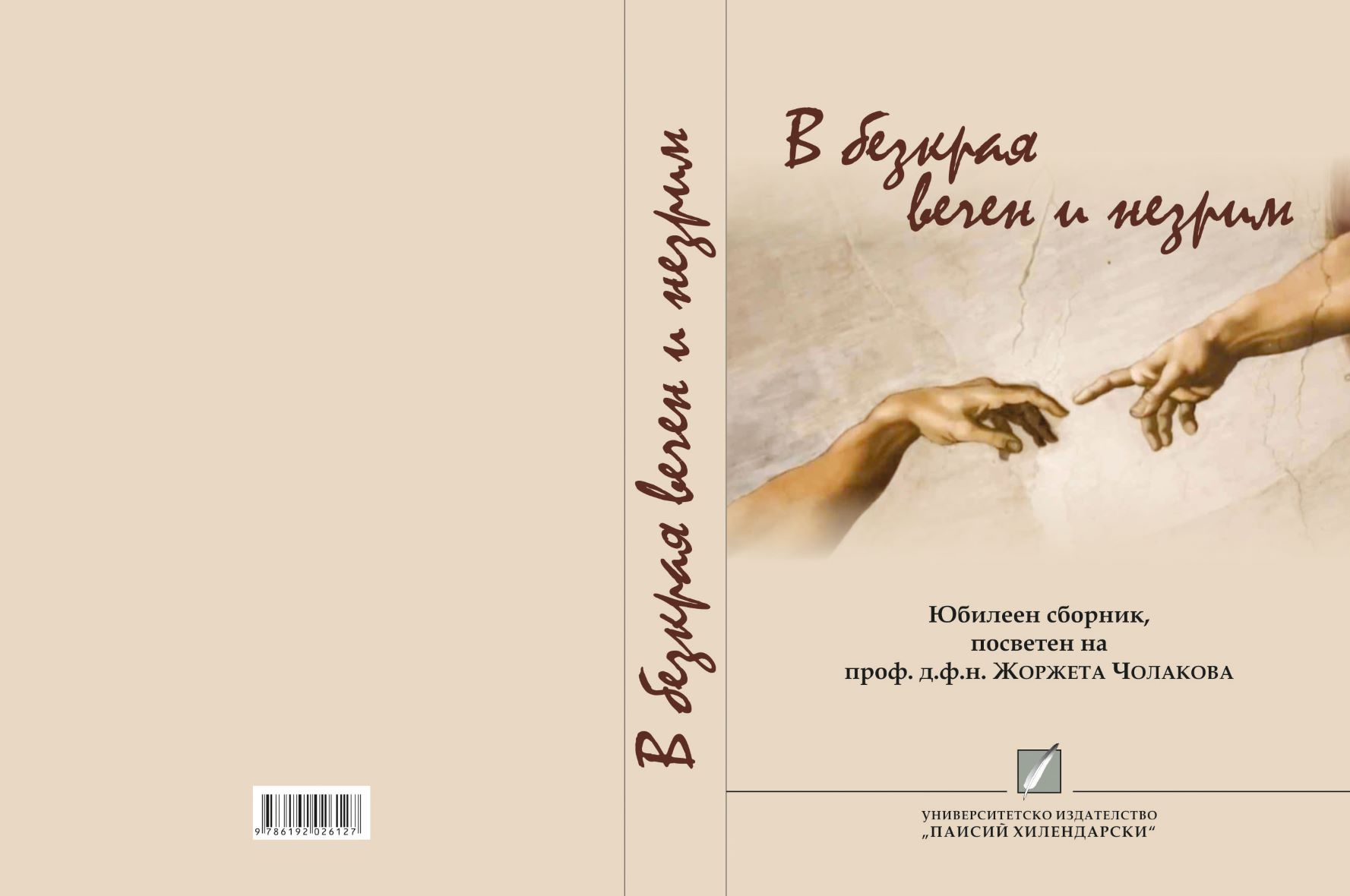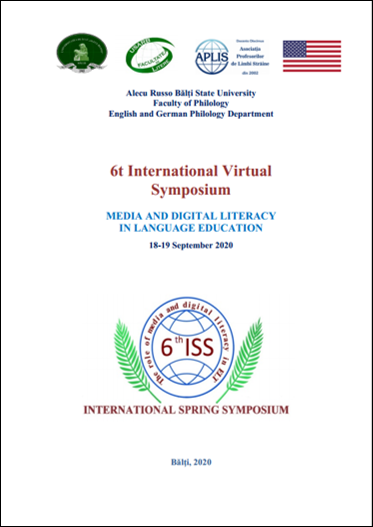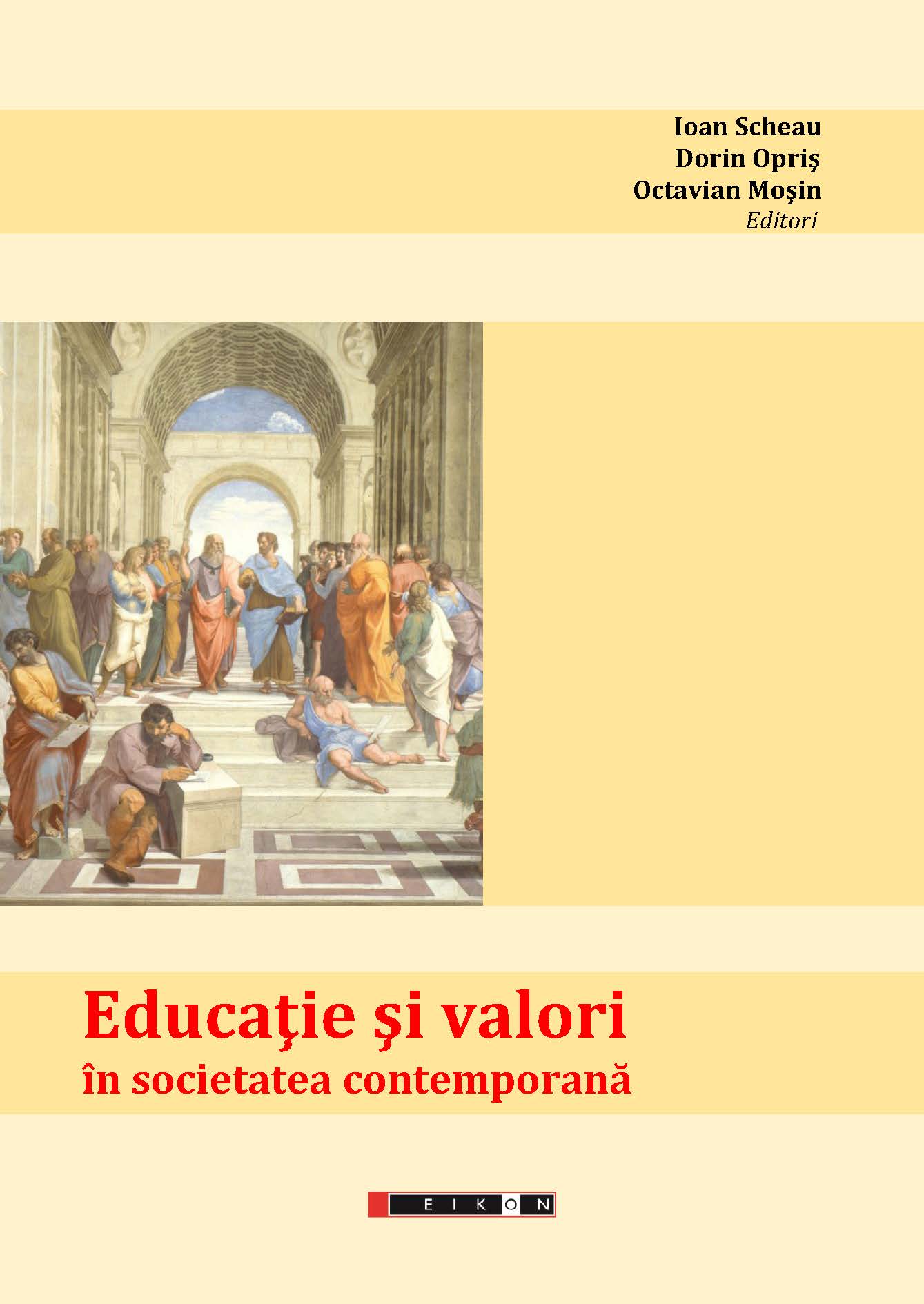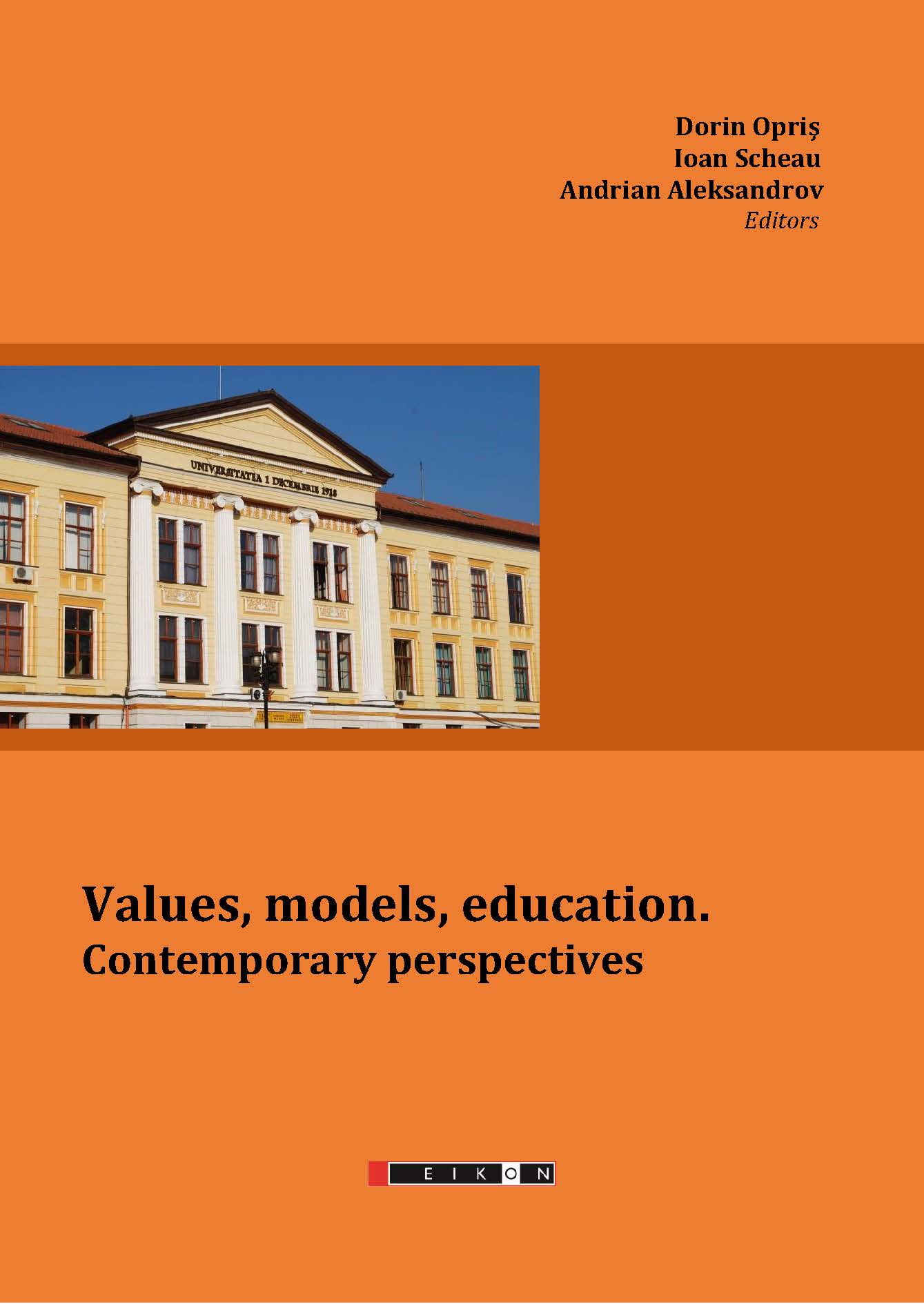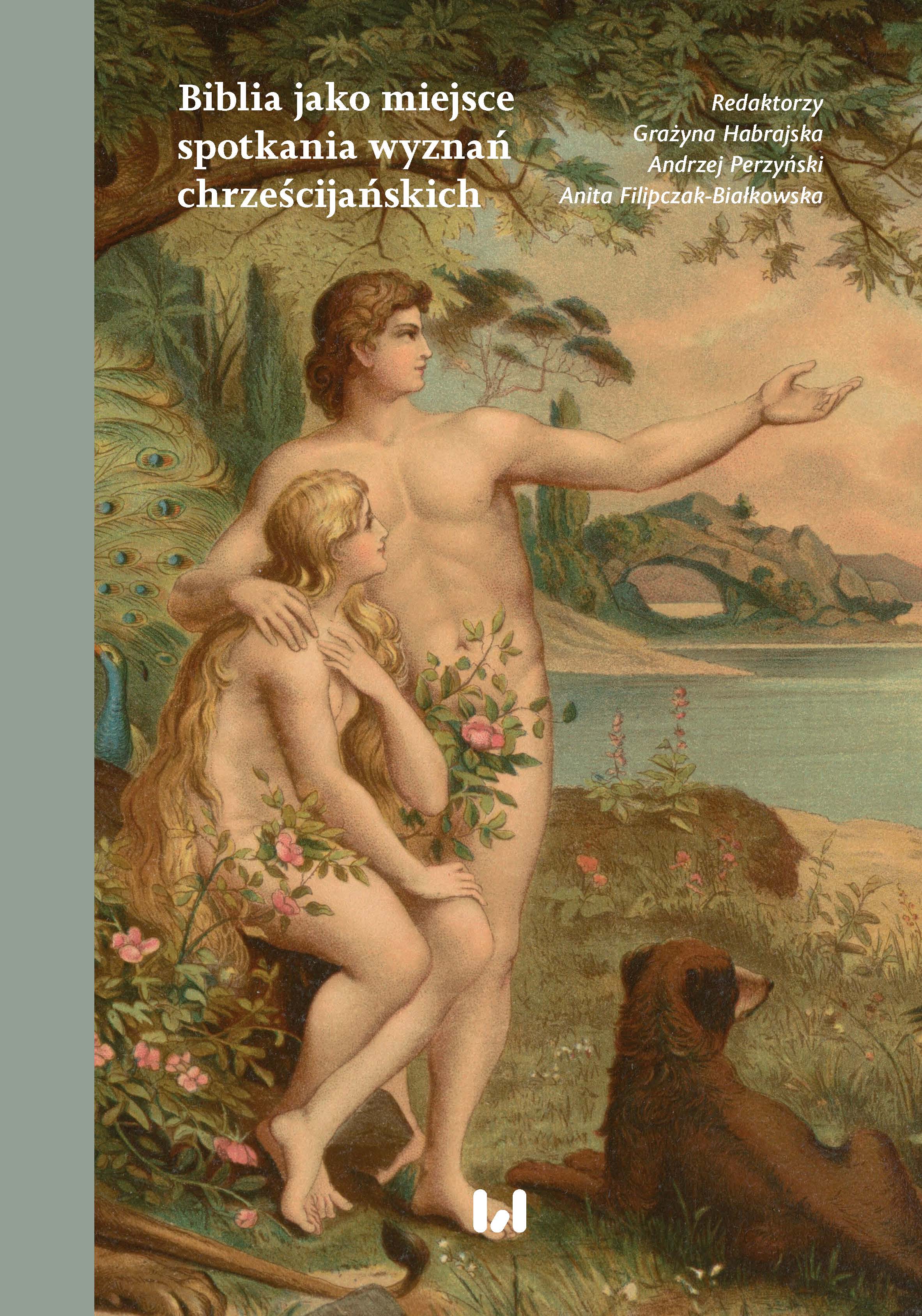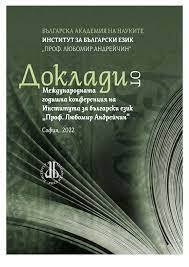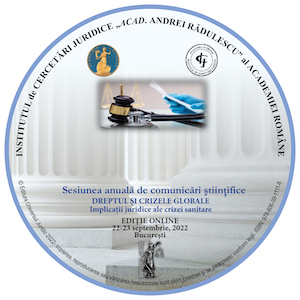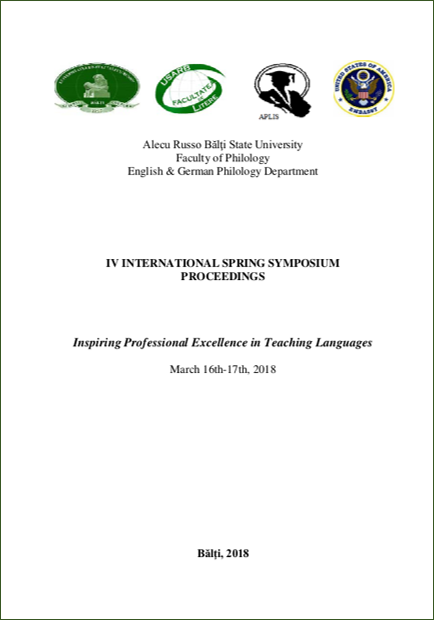
INNOVATIVE CONCEPTS OF TEACHING FOREIGN LANGUAGE IN SCHOOL
The article deals with the modern approaches of teachingforeign languages in school. Clarified modern methodology in teachingforeign languages in school. Innovative methods that improve the efficiencyof learning English in the classroom in high school are described. The use ofinnovative methods in educational institutions has the potential not only toimprove education, but also to empower people, strengthen governance andgalvanize the effort to achieve the human development goal for the country.with a number of educational options available before the present generationlearners, the newer trends seem to have emerged in the field of education thathave entirely changed the face of traditional system of education. Recent trends, methodologies and developments portray the vital role of education sector in general with its internalization of the education process, stress on quality above quantity, increase in the adoption of technologies, necessity for professional talent. Methods of teaching English have developed rapidly,especially in the previous years. As a language learner, training manager, or teacher, it is important to understand the various methods and techniques so that you are able to navigate the market, make educated choices, and boost your enjoyment of learning a language.
More...
